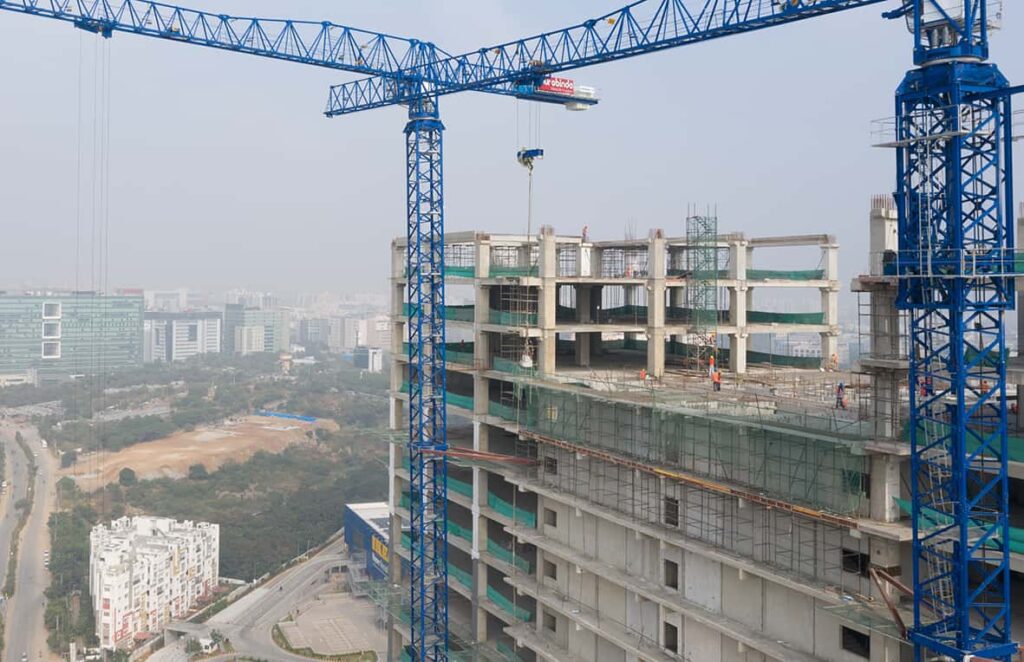Structural Engineering Service
- Home
- Services
- Structural Engineering Service

1. Design: Structural engineers are responsible for designing structures that are safe, functional, and economically feasible. This involves determining the size and layout of structural components such as beams, columns, and foundations to ensure they can withstand the intended loads and environmental conditions.
2. Analysis: Structural engineers use mathematical models and computer simulations to analyze the behavior of structures under various conditions, including static loads (such as the weight of the structure itself and the objects it supports) and dynamic loads (such as wind, earthquakes, or traffic loads). This analysis helps ensure that the structure will perform as expected and meet safety requirements.
3. Structural Assessment: Structural engineers assess existing structures to determine their condition, performance, and capacity. This may involve inspecting the structure for signs of damage or deterioration, conducting non-destructive testing, and analyzing structural data to identify any deficiencies or weaknesses.
4. Retrofitting and Rehabilitation: Structural engineers develop solutions for strengthening or repairing existing structures to extend their service life, improve performance, or meet new requirements. This may involve adding new structural elements, upgrading materials, or implementing other retrofitting techniques to enhance the structure’s resilience.
5. Construction Support: Structural engineers provide support during the construction phase of a project, ensuring that the design is implemented correctly and addressing any unforeseen challenges that arise. They may review construction plans, conduct site visits, and collaborate with other professionals, such as architects and contractors, to ensure the structural integrity of the project.
6. Code Compliance: Structural engineers are knowledgeable about building codes, standards, and regulations relevant to structural design and construction. They ensure that designs meet all applicable codes and standards, obtaining necessary approvals from regulatory authorities.
7. Specialized Services: In addition to general structural engineering services, specialists may offer expertise in specific areas such as seismic design, wind engineering, structural dynamics, or sustainable design. These services address unique challenges and requirements associated with particular types of projects or environmental conditions.
8. Research and Development: Structural engineering firms often engage in research and development activities to innovate new materials, construction techniques, and structural systems. This contributes to advancements in the field and allows engineers to tackle increasingly complex challenges.

